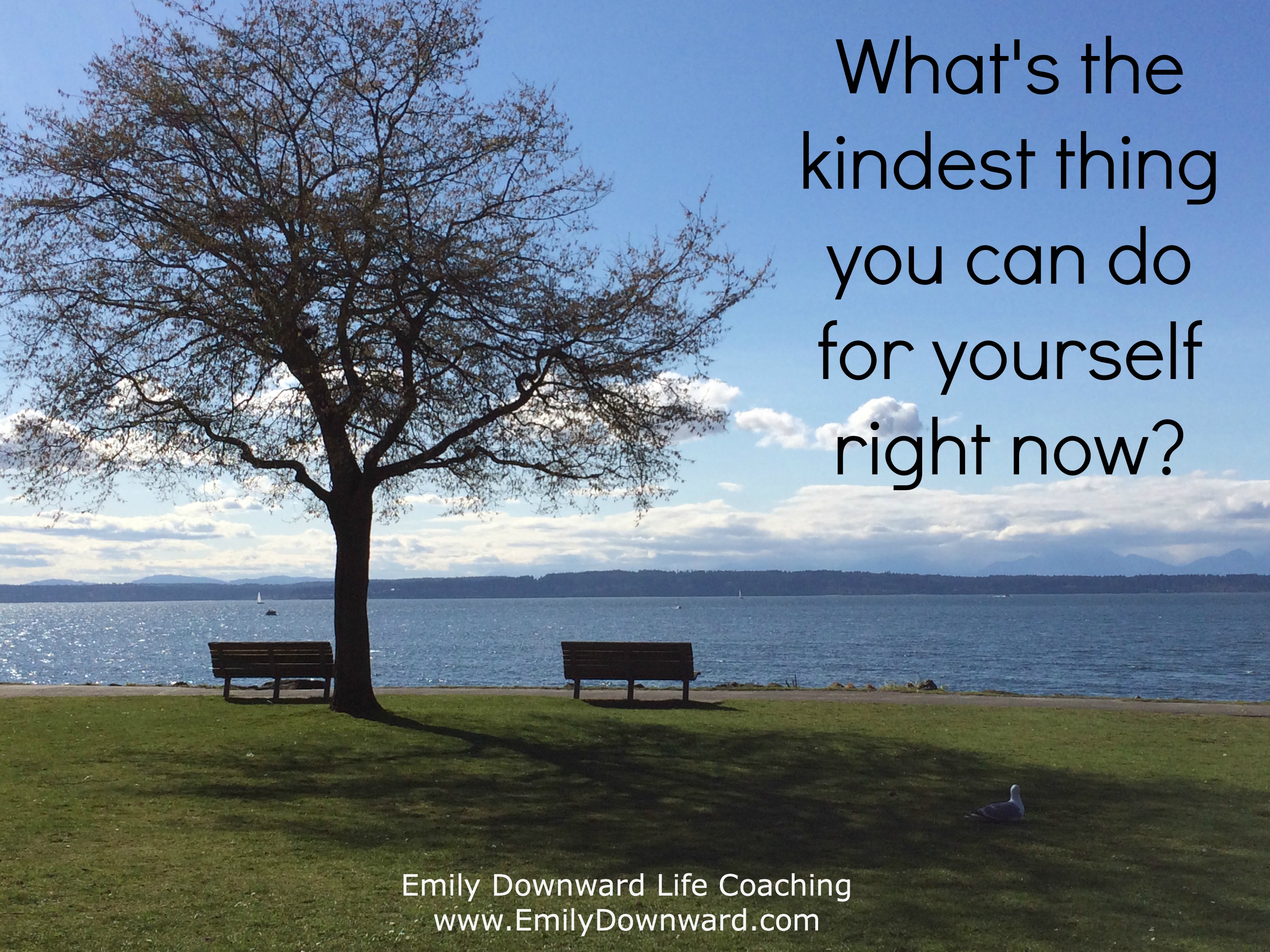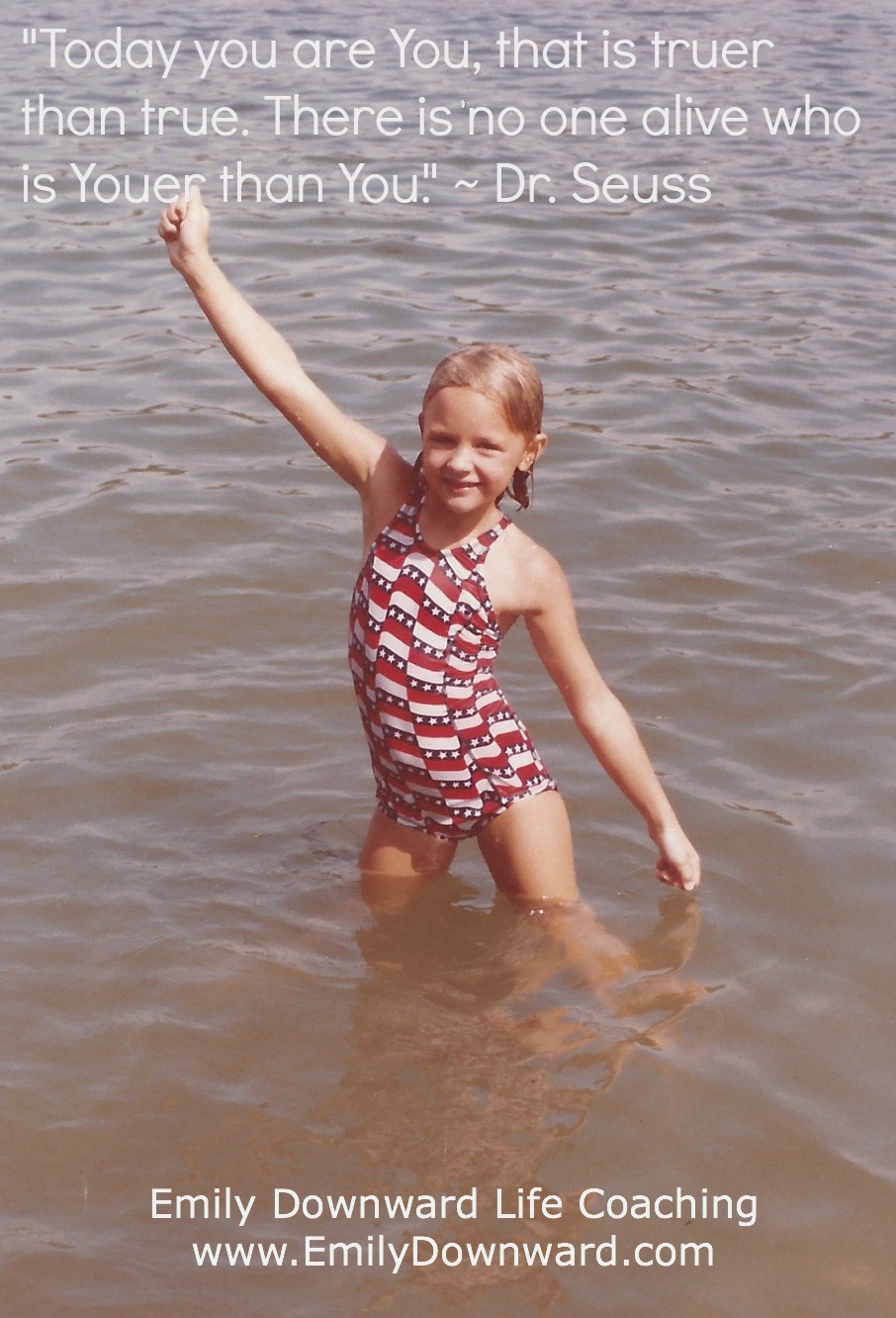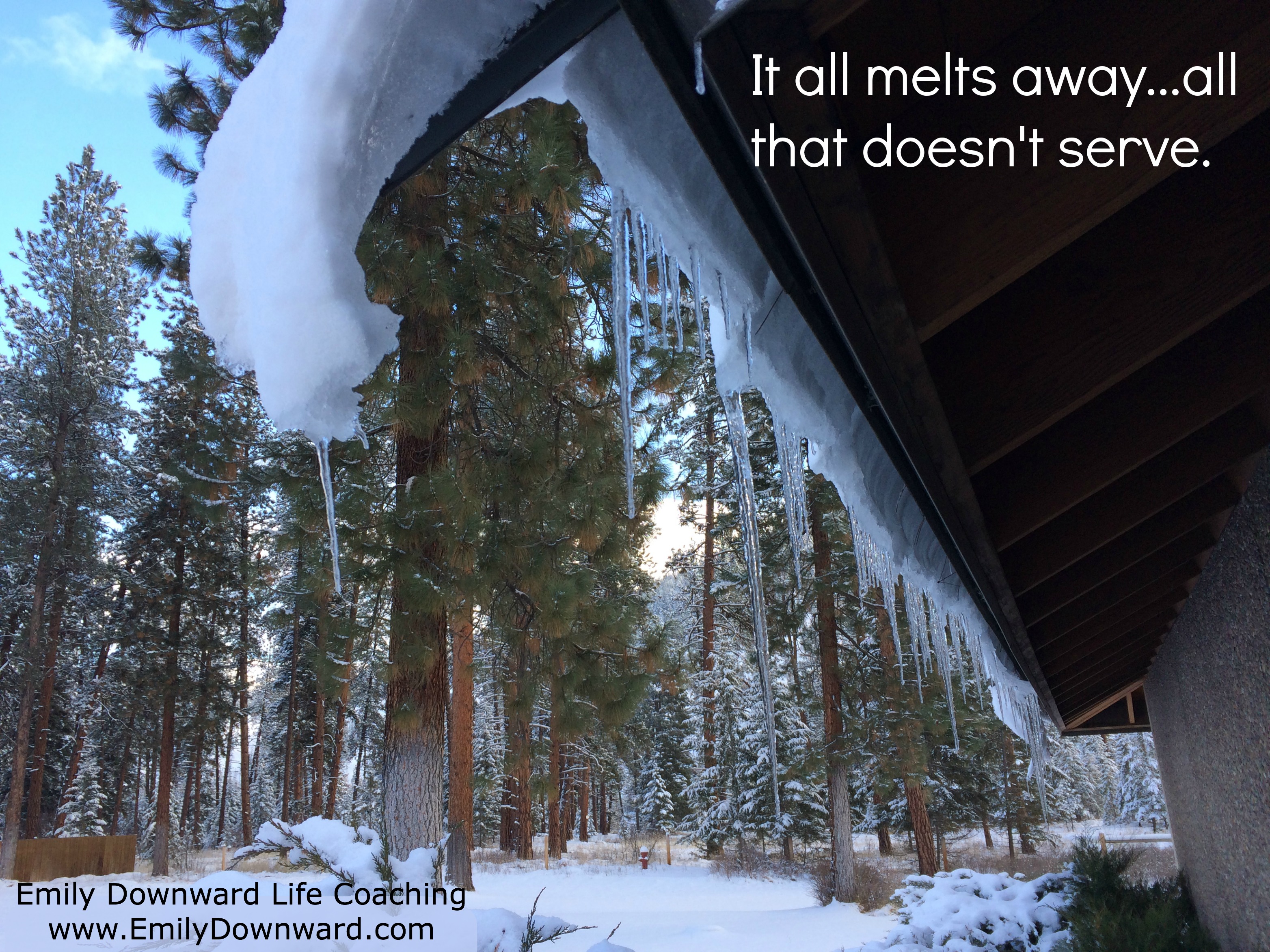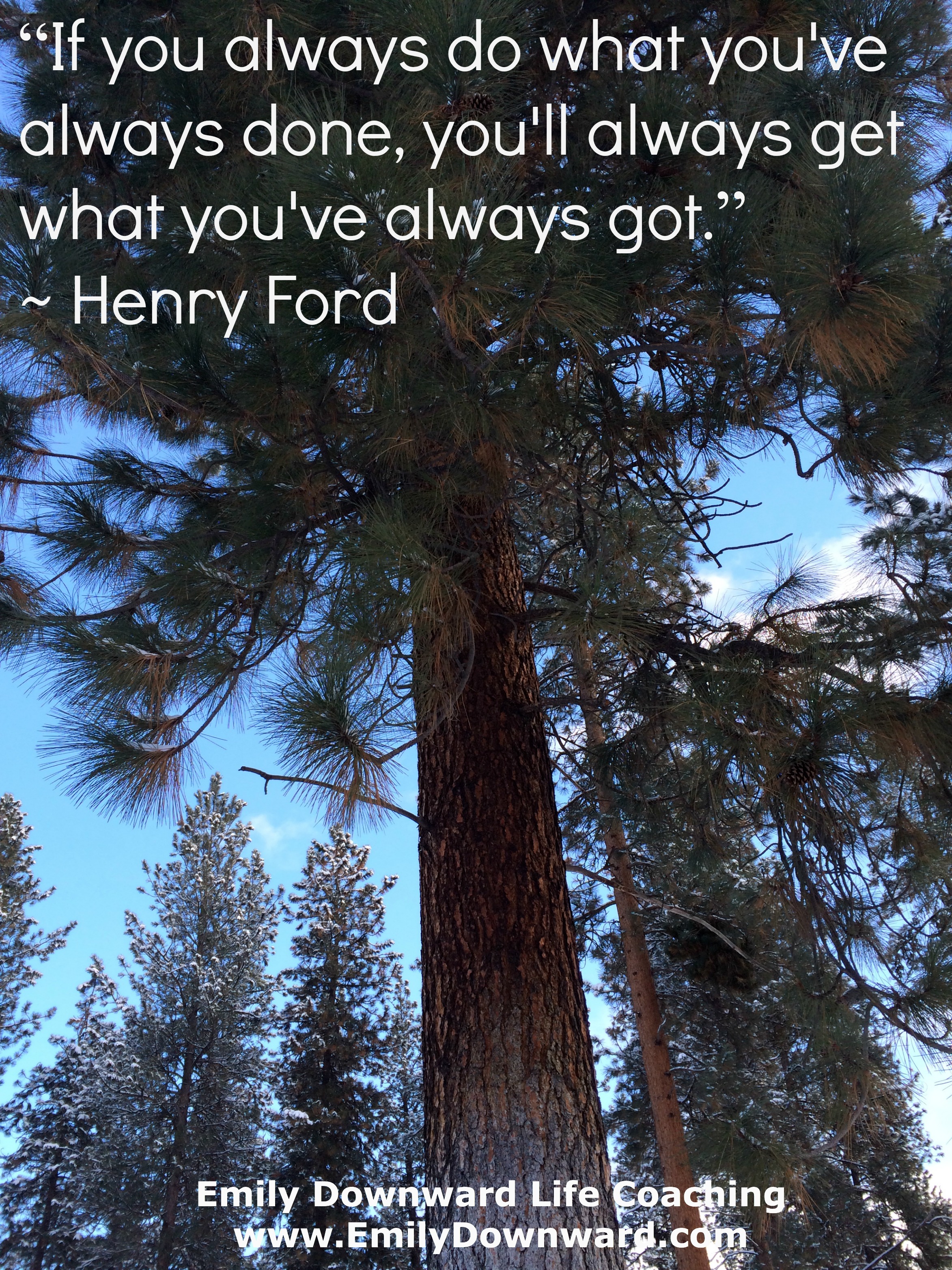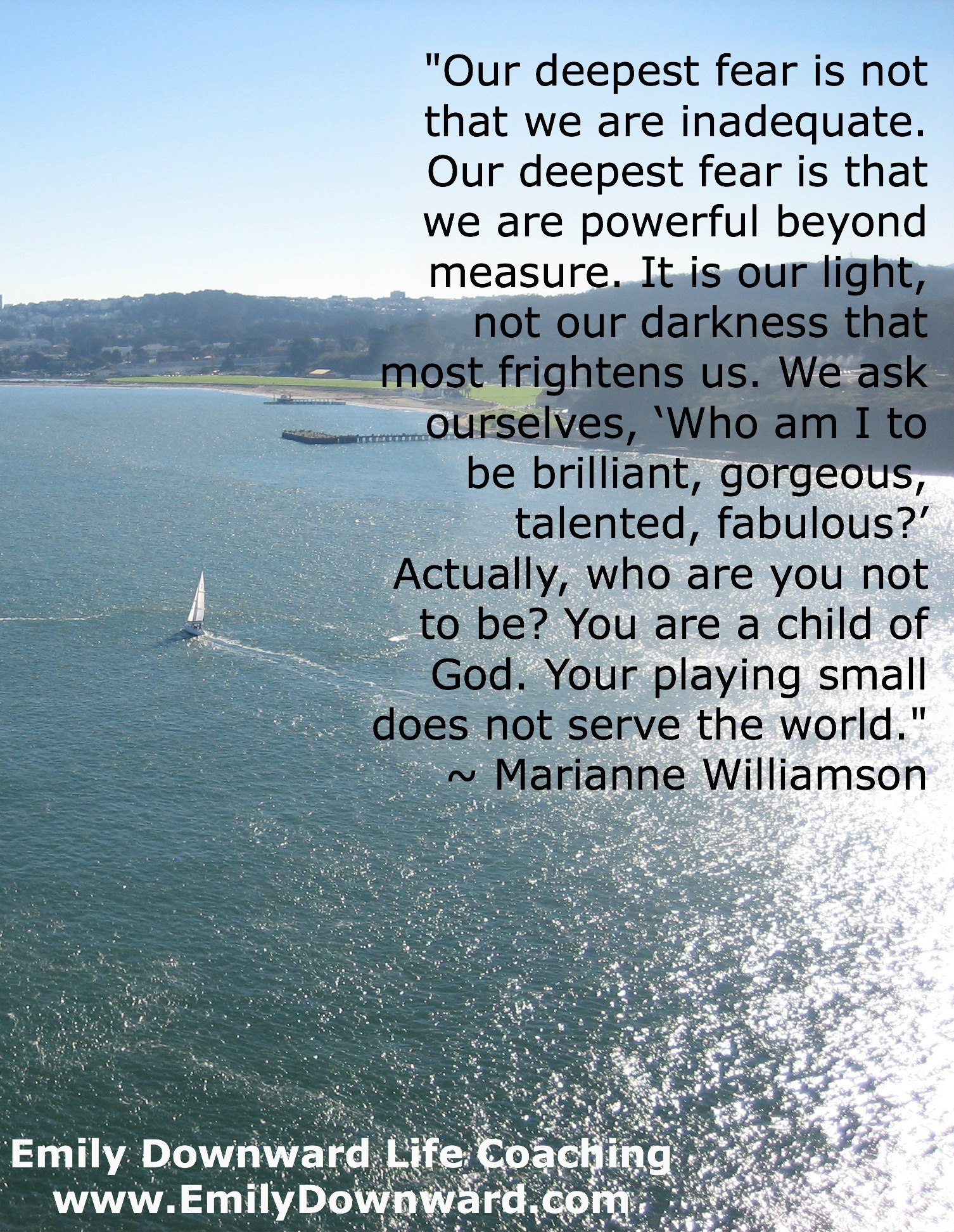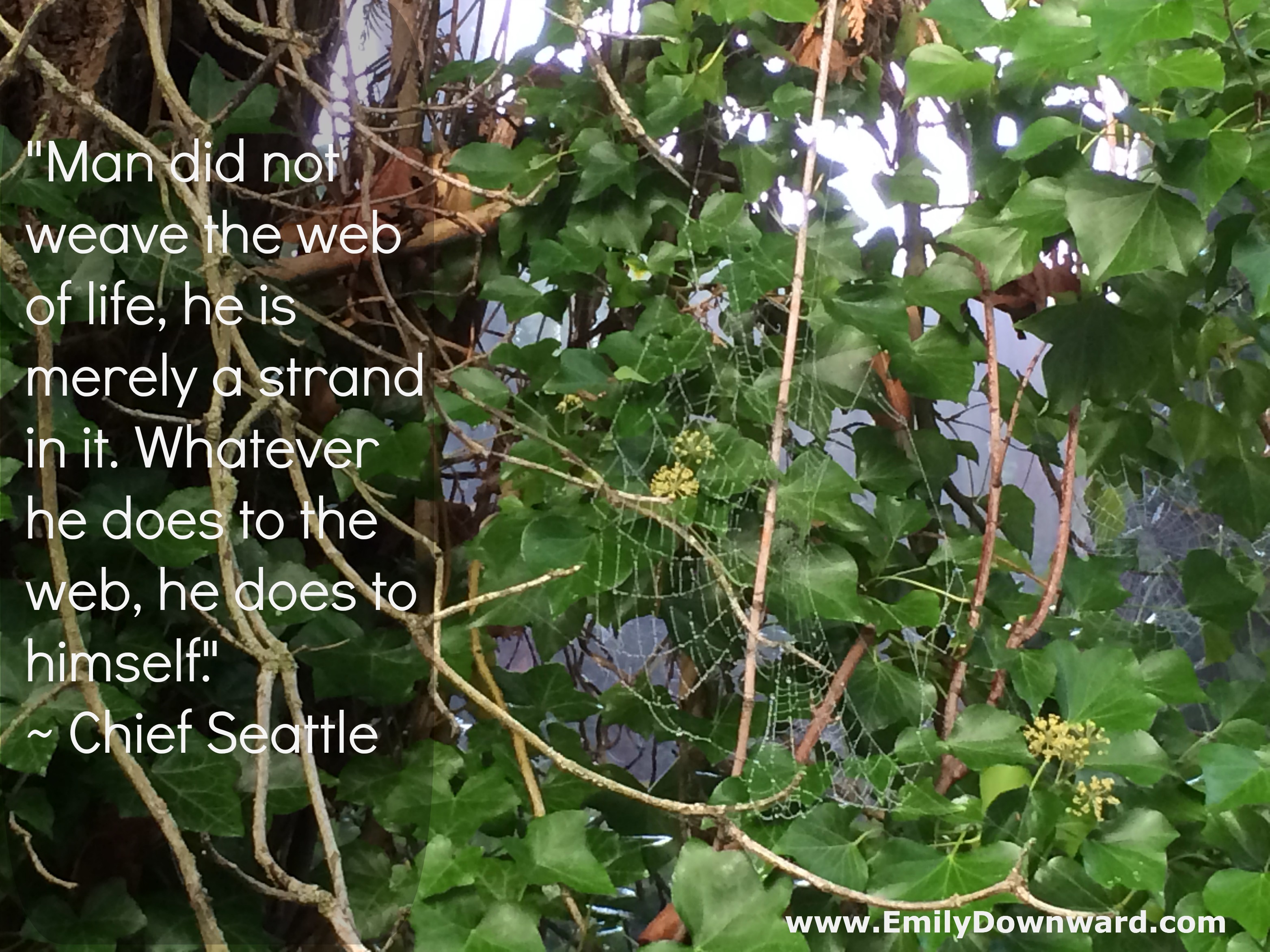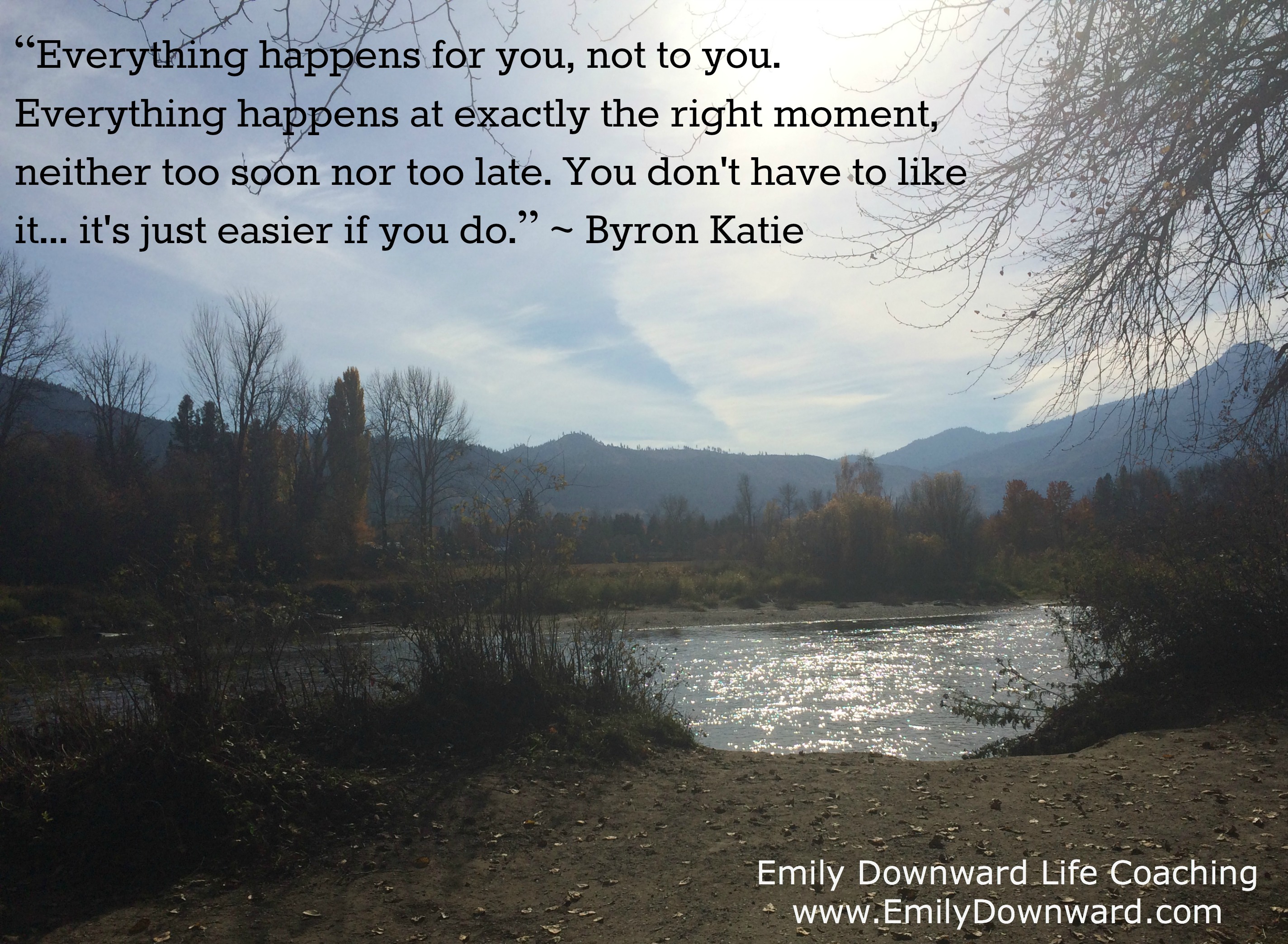I talk to a lot of people who are unhappy or frustrated with their work. I hear them say things like, “I hate my job. I can’t stand how my boss treats me/my employees are lazy/my colleagues take credit for my ideas…I’m bored with this work and dread going into the office…”
We are so hard-wired to look for the negative – social scientists call it negativity bias – because it’s a survival instinct. Keeping our senses alert for danger and “what’s wrong” has helped us live as a species.
But it’s also created a habit of focusing on what we don’t want.
Our brain can be a marvelous, useful powerhouse to help us achieve our goals and dreams…when it’s focused on where we want to go. However, more often than not, we fall into the trap of spending all our time and attention on what we DON’T want.
I recently coached a client who wants to find something else to do with her career. She told me all about how her job is draining, the parts of the job she doesn’t like, and how she feels like she has to do this to maintain her income and her lifestyle. I momentarily stumped her when I asked:
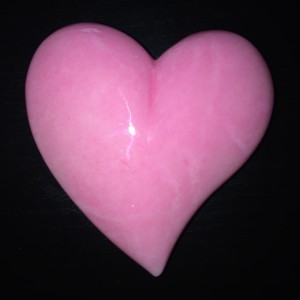 “What do you love about your job?”
“What do you love about your job?”
It’s not that there aren’t parts she loves, or parts that are lovable. It took her awhile to answer because she hasn’t been focused on the good.
When you refocus your brain on “what’s right,” whole new possibilities open up to your awareness. This is critical when you want to make a change like a career move, because if you’re solely focused on what’s wrong and how things have been, you don’t even see new opportunities.
It’s important to acknowledge the bad – we can’t clean up what we don’t acknowledge – but it’s equally important to acknowledge the good. So if you’re in a similar situation, start making a list for yourself of what’s going well, what you enjoy. You’ll notice over time, this gets easier. As your brain gets focused on the good, it finds more and more examples of it.
Whenever you’re beginning a new pattern, a new exercise or a new way of being, it can seem small and insignificant and impossible at first. Keep at it. You build new patterns of thought with persistence.
Curious how coaching could help your career satisfaction? Schedule a free 30-minute sample session with me. You’ll get a taste of coaching and applicable tips and tools to help you on your way.



